The Power of Getting 1% Better Every Day
Most people quit because they’re looking for proof too fast.
They want to see results tomorrow.
They want the scale to move next week.
They want their body, energy, confidence, and habits to feel different immediately.
And when that doesn’t happen?
They assume it’s not working.
But real progress doesn’t work like that.
The Problem With Chasing Big Changes
When you focus only on massive transformations, you miss the quiet wins:
Showing up when you didn’t feel like it
Choosing a slightly better meal
Finishing the workout instead of quitting early
Going to bed 30 minutes earlier
Drinking water instead of another soda
None of those things feel life-changing in the moment.
And honestly, they’re not… that day.
But they compound.
1% Better Is Invisible, Until It Isn’t
Improving 1% a day doesn’t look impressive on a Tuesday.
Or after one week.
Sometimes not even after a month.
But over time, something shifts.
Your workouts feel less overwhelming.
Your energy improves.
Your clothes fit differently.
Your habits feel more automatic.
Your confidence starts to show up quietly before you even notice it.
And then one day you realize:
“I’m not the same person I was a few months ago.”
That’s not luck.
That’s consistency.
Why Consistency Beats Motivation Every Time
Motivation is loud.
Consistency is boring.
Motivation says:
“I’ll go when I feel ready.”
Consistency says:
“I’ll go because this is what I do now.”
You don’t need perfect days.
You don’t need extreme effort.
You don’t need to overhaul your entire life.
You need repeatable effort.
What 1% Looks Like in Real Life
1% better might mean:
One more workout this week than last
One less skipped session
One extra serving of protein per day
One fewer late-night snack
One honest check-in instead of ghosting your plan
Not flashy.
Not Instagram-worthy.
But powerful.
Trust the Process You Can’t Yet See
The hardest part of progress is believing in results before they’re obvious.
That’s where most people quit, right before things start to click.
So if you feel like:
“Nothing is changing yet”
“I’m working hard but not seeing it”
“This feels slower than I expected”
Good.
That means you’re right where progress actually happens.
Focus on Today’s 1%
Not tomorrow’s outcome.
Not next month’s goal.
Not someone else’s results.
Just ask yourself:
“What does 1% better look like today?”
Then do that.
And repeat it.
That’s how real change happens, quietly, slowly, and relentlessly.





